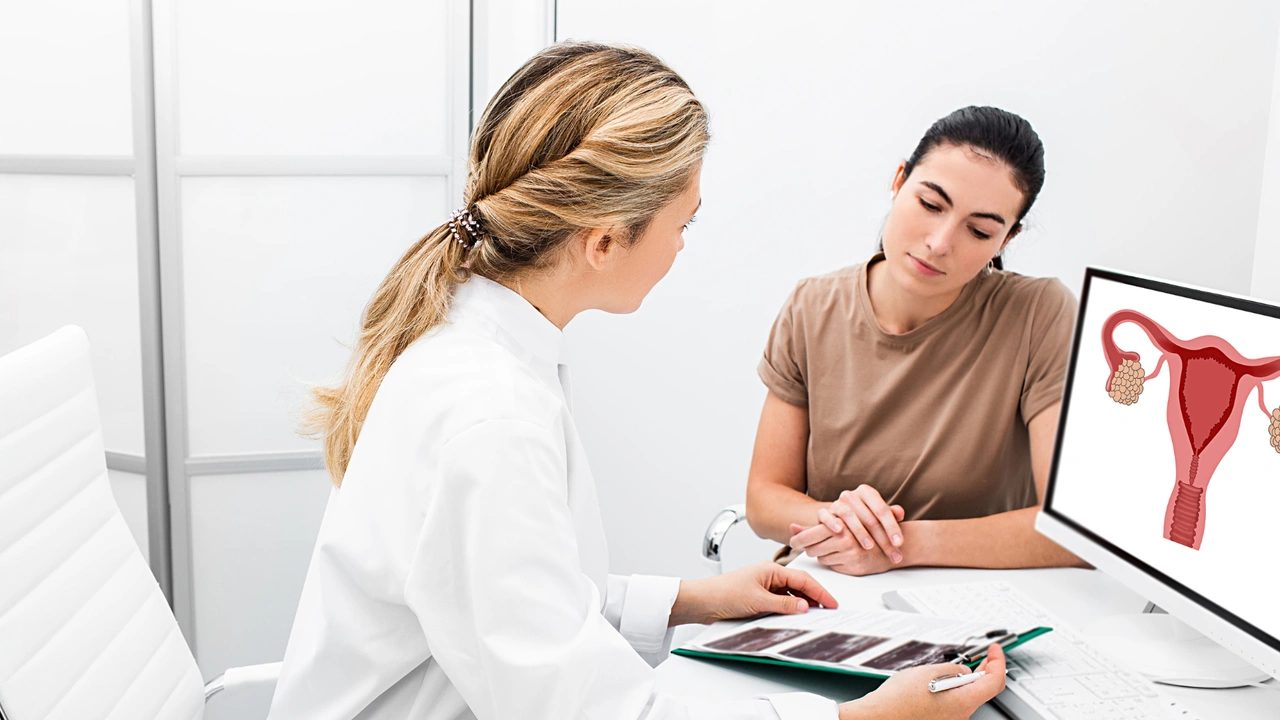
7 Health Issues Women Are Most Vulnerable To
Light House Denver – Women’s health issues come with unique characteristics and challenges that differ from those experienced by men. Hormonal factors, genetics, and lifestyle play significant roles in making women more susceptible to certain medical conditions. By understanding the range of common health issues that affect women, early detection and preventive measures can be carried out more effectively. Here are seven health problems that women are most vulnerable to.
Breast cancer is the most common type of cancer affecting women worldwide. The risk increases with age, particularly after the age of 40. Early symptoms may include a lump in the breast, changes in shape or skin color, and discharge from the nipple. Regular self-examinations and mammograms are highly recommended for early detection.
“Read More: A Child’s Hurtful Words? How Parents Should Respond”
Osteoporosis is a condition in which bone density decreases, increasing the risk of fractures. Women—especially after menopause—are more prone to osteoporosis due to a decline in estrogen levels. Adequate calcium and vitamin D intake, regular exercise, and a healthy lifestyle are essential for maintaining bone health.
Many women experience menstrual disorders such as severe cramps (dysmenorrhea), irregular cycles, or excessive bleeding. These issues may result from hormonal imbalances, stress, thyroid problems, or conditions such as endometriosis and PCOS (Polycystic Ovary Syndrome). Consulting a gynecologist is important for proper diagnosis and treatment.
Women are more likely to experience mental health issues such as depression and anxiety. Hormonal fluctuations, social pressures, and the dual role of managing both household and work responsibilities often contribute to these conditions. Emotional support, therapy, and a healthy lifestyle can be very effective in maintaining mental well-being.
UTIs are common in women due to their shorter urinary tracts compared to men. Common symptoms include a burning sensation during urination, frequent urges to urinate, and pain in the lower abdomen. Avoiding the habit of holding in urine and maintaining proper hygiene can help prevent UTIs.
Although often perceived as a man’s disease, heart disease is actually the leading cause of death among women. Symptoms in women may be subtler, such as extreme fatigue, shortness of breath, or mild chest discomfort. A healthy lifestyle, regular physical activity, and monitoring blood pressure and cholesterol levels are key to prevention.
PCOS is a common hormonal disorder among women of reproductive age. Symptoms include irregular periods, excessive hair growth, acne, and difficulty conceiving. Early detection and lifestyle management—such as a balanced diet and regular exercise—can help control this condition effectively.
“Continue Reading: Foods and Drinks That Trigger Gastritis”